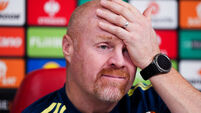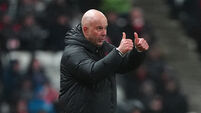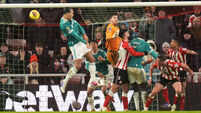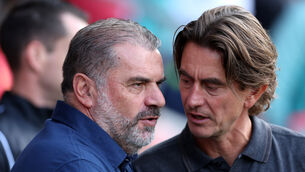Concussion in the spotlight after Anthony Martial incident
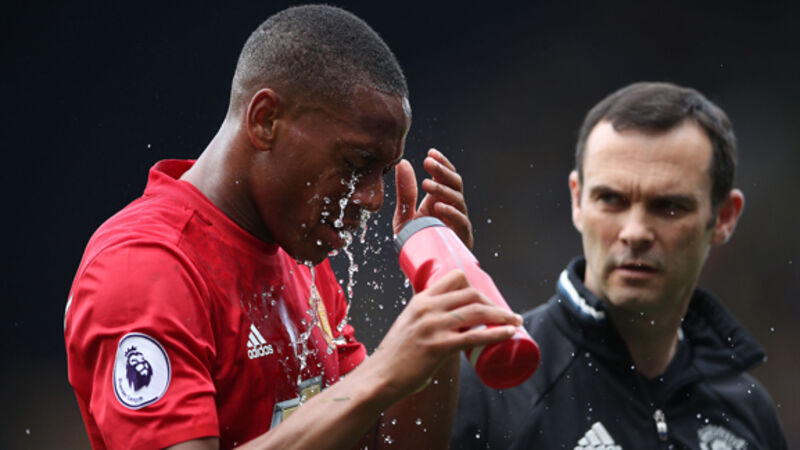
The France international appeared to be concussed after a clash of heads with Watford defender Daryl Janmaat in the 27th minute of the Premier League match.
Seven minutes later, a groggy-looking Martial lost the ball in the build-up to Watford’s opener and four minutes after that he was substituted.




